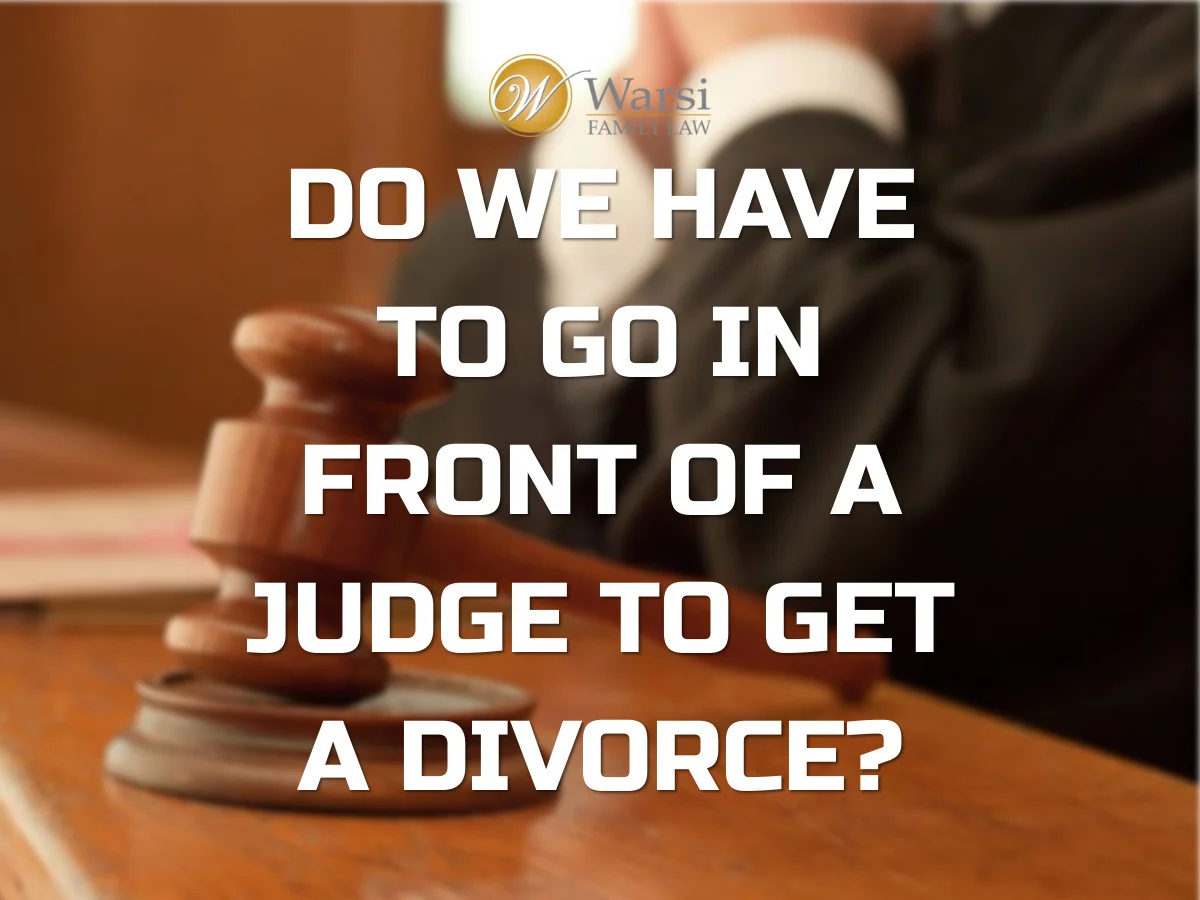LITIGATION FAMILY LAWYER
Litigation means going to court. If you cannot resolve the issues in your matter any other way, or if there are urgent matters that require immediate resolution, you may have no choice but to go to court.
The court process is lengthy, uncertain, and costly, but it is the only option if you and your spouse cannot reach an agreement.
If your matter goes to court, you must follow all of the rules and procedures of the court. These rules and procedures are detailed in the Family Law Rules, which is a lengthy piece of legislation that outlines important criteria of attending court, such as who must prepare which court documents, how you must provide them to your ex and the court, and what penalties may result if you or your ex do not abide by these rules.
Family Court System
The family court system is designed to help you and your ex settle as many issues as possible. Attending court is not like it is on TV where you immediately go to Trial and everything is resolved by the end of the day. There will likely be many weeks, if not many months, between each court date.
Your first court date will likely be a Case Conference, where the judge is unlikely to make any decisions in your matter, other than resolving procedural matters and making any orders to which you and your ex agree.
Your second court date will likely be a Settlement Conference, where the judge will try to help you and your ex resolve the issues between you on consent.
If you cannot settle all of the issues in your matter during the Settlement Conference, then a Trial Scheduling Conference will likely be scheduled, during which the judge will help ensure that you and your ex will be prepared for Trial. This usually includes setting timelines for the due dates of all court documents, finalizing the list of witnesses who you would like to call to testify at Trial, and determining which issues you and your ex will address during the Trial.
The next court date in your matter will likely be a Trial Management Conference.
Trial Management Conferences may be your last chance to settle any issues in your matter before Trial. They are also used to help ensure that all of the timelines set at the Trial Scheduling Conference were or will be followed and to help ensure that any witnesses will be available and ready for Trial.
The last event in your court case may be a Trial, when the judge will make a final resolution of all issues in your matter.
Some Trials last a day or two, while others can go on for a week or longer. It is unlikely that your matter will go to Trial. Only a very smaller percentage of court cases proceed to Trial because cases are usually resolved during or after one of the Conferences noted above. However, if you cannot reach an agreement during any other court dates, then a Trial is the only way to resolve the issues in your case.
What Happens If Your Court Case Goes To Trial?
It usually takes at least a year to get to Trial. If there is an issue that cannot wait for Trial, you or your ex can bring a Motion before the courts. A Motion is a court date where you and/or your ex ask the judge to make a decision on one or more of the issues in your matter. The result of a motion will likely be an interim decision, which means that it will only apply until Trial, or until another Motion is brought, when another decision could be made. The main difference between Motions and Conferences is that during Conferences, it is unlikely that a judge will make any major decisions regarding your matter. Instead, the judge will likely help you and your ex settle and/or prepare for the next event in your case. In contrast, during or shortly after a Motion the judge will make a decision in your matter with which you and your ex must comply until another decision or agreement is made.
Consult a Family Lawyer for Litigation
Neither you nor your ex can bring a Motion until a Case Conference is heard, unless there is an urgent matter that must be resolved right away. What you consider urgent and what a court considers urgent may be two very different things. If you have an issue that you believe is urgent, you should speak with a lawyer about your case right away.
If need the assistance of a family lawyer for your divorce court case, please do not hesitate to contact us.









Some property can be excluded from property division/equalization. In other words, you may not have to share the value of all of your property with your spouse when you separate.